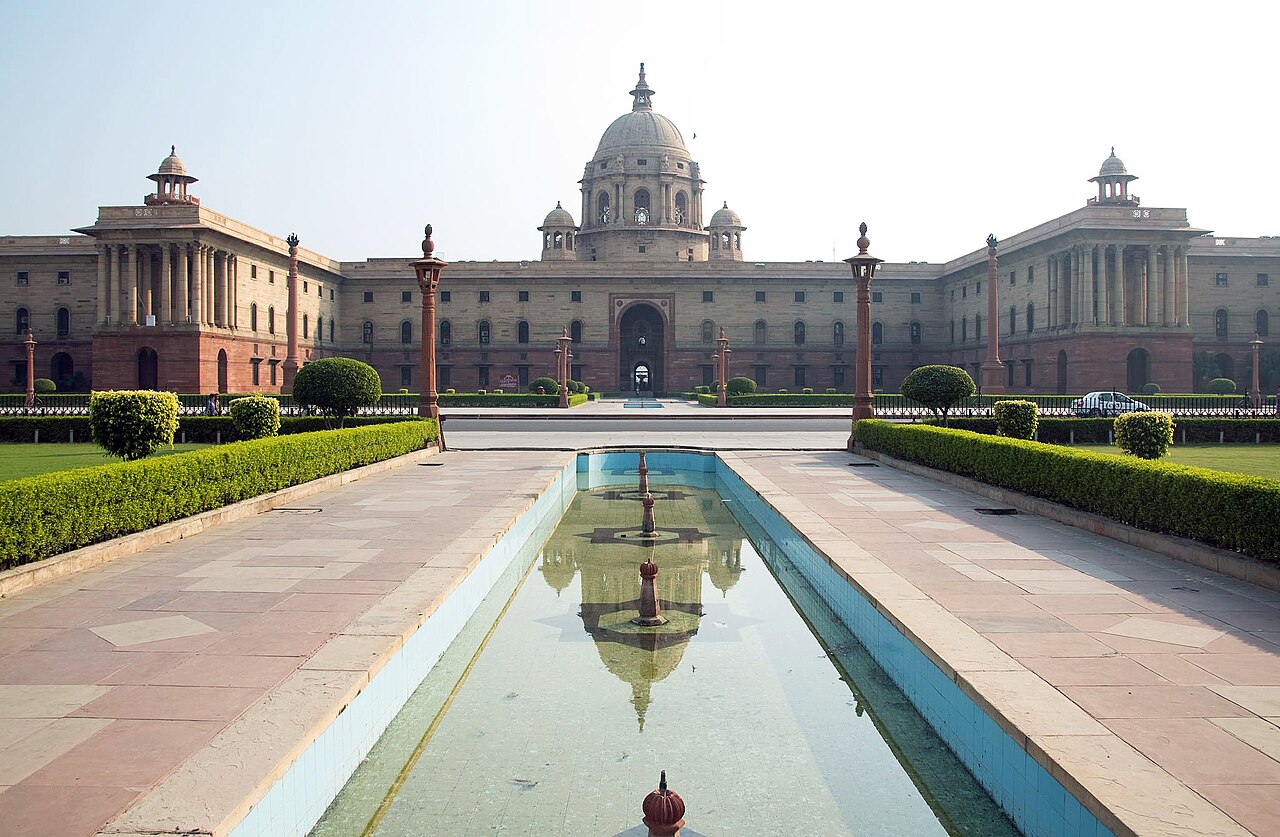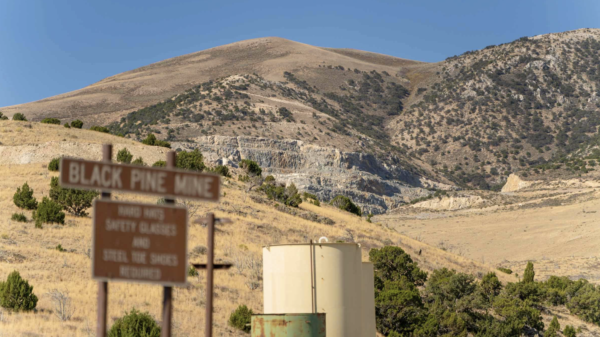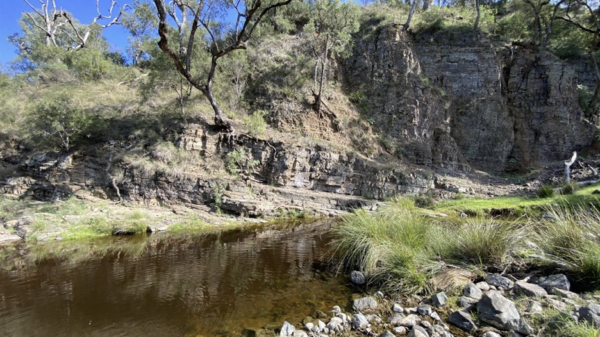The Indian government has set the royalty rates for mining companies extracting three critical minerals including lithium, niobium and rare earth elements (REE).
On Wednesday, the government approved the rates including a 3 per cent royalty on prevailing lithium prices on the London Metal Exchange (LME). The royalty for niobium will also be 3 per cent of the average sale price while REEs will only be 1 per cent.
The implementation of rates aims to lead to economic development and enhance national security, facilitate energy transition to achieve a net-zero emission by 2070, it will also aim to increase employment and a reduction in imports.
Last February, the country found large deposits of lithium in Jammu & Kashmir and last August it announced it amended the Mines and Minerals (Development and Regulation) Act that would auction mineral concessions for critical minerals.
“Upon removal of these minerals from the list of atomic minerals, exploration and mining of these minerals will be open to the private sector,” the government statement said.
“As a result, exploration and mining of these minerals is expected to increase significantly in the country.”
Other minerals being added in the auction included titanium, beryl and zirconium which previously were only allowed to be mined by state-run companies. Because of this, the minerals were mined in limited amounts and the involvement of companies could be beneficial.
Chaired by PM Shri @narendramodi Ji, the Union Cabinet has granted approval for royalty rates concerning the mining of three pivotal and strategic minerals – Lithium, Niobium, and Rare Earth Elements (REEs).
These minerals have assumed utmost importance in India's economic… pic.twitter.com/xJFztOly0u
— Nitin Gadkari (@nitin_gadkari) October 11, 2023
Read more: India’s lower house approves opening country to critical mineral miners
Read more: India to auction 5.9 million tonnes of lithium reserves in Jammu and Kashmir
Local and foreign mining companies ready for auction
The Geological Survey of India’s recent revelation of the 5.9 million tonnes of lithium deposits in the Salal-Haimana area, led the country to gear up to auction its minerals. The country’s growing interest in securing its lithium supply chain has also led to initiatives like the state-owned Khanij Bidesh India Ltd, which is actively exploring lithium deposits in Argentina.
Additionally, early-stage negotiations are underway with the Chilean government regarding potential lithium block acquisitions.
Government sources told Reuters that Indian and foreign companies are already lining up for the auction including Adani Enterprises, Vedanta Ltd, Reliance Industries, Jindal Steel and Power Ltd., Himadri Chemicals and Korea’s LS International.
India imports all major components for lithium-ion cell manufacturing and its lithium-ion bill this year reached Rs 23,171 crore ($3.8 million), according to India Times.
Lithium, niobium and REEs are vital components of the modern world
Lithium is the cornerstone of rechargeable batteries, powering everything from smartphones to electric vehicles. As the world seeks cleaner and more sustainable energy solutions, lithium’s importance in storing renewable energy becomes even more pronounced.
Niobium is an essential element in high-strength, low-alloy steels used in infrastructure and transportation, ensuring the structural integrity and safety of bridges, buildings and vehicles. Rare earth elements –a group of 17 chemically similar elements– are indispensable in the manufacturing of electronics, magnets and advanced materials.
As the global demand for clean energy, advanced electronics, and infrastructure development continues to grow, the significance of these elements in driving progress and sustainable development cannot be overstated.













